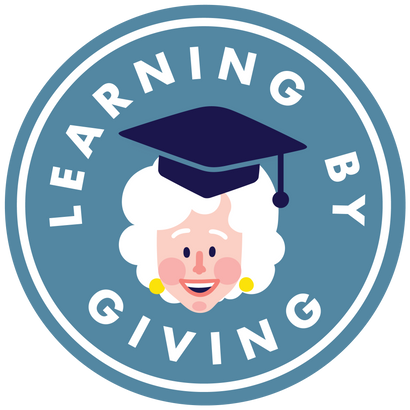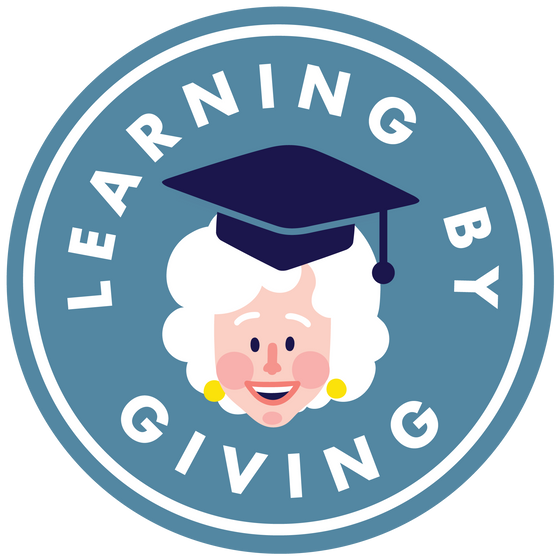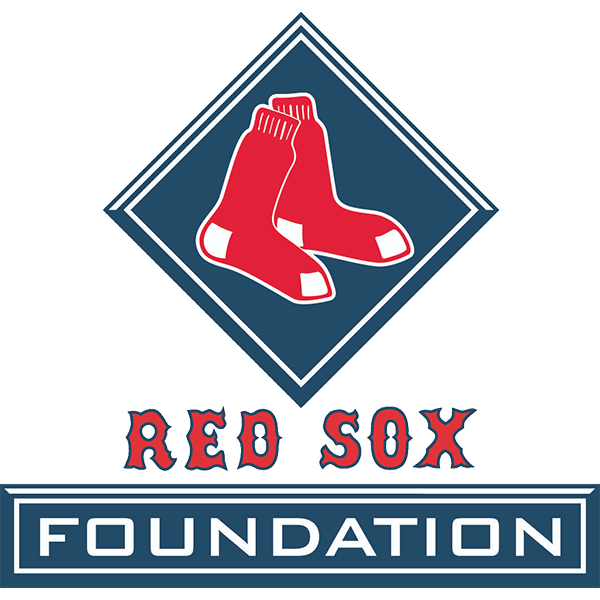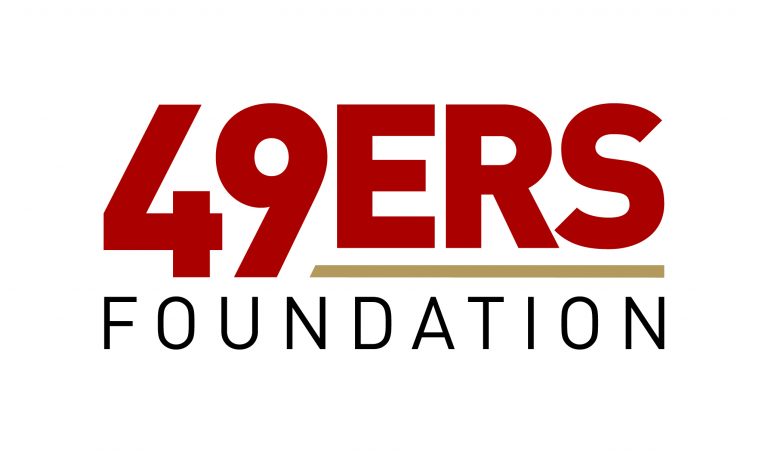
Website: https://womenslunchplace.org/
Mission: Women’s Lunch Place is a safe, welcoming daytime shelter for women experiencing poverty or homelessness. We offer a supportive and dignified community, healthy meals, and individualized services to empower women to make positive changes in their lives.
RELEVANCE
How does your organization strive toward the attributes associated with Relevance?
Homelessness and poverty undermine human dignity. Unfortunately, they are on the increase in Boston and Massachusetts, caused by a complex set of systemic inequalities that cannot be reduced to a single factor. Tragically, many of our guests suffer from serious, untreated mental illness, and/or are survivors of domestic violence, sexual assault, and street violence. A study by the National Center on Family Homelessness in Massachusetts found that 92% of homeless women have experienced severe physical and/or sexual assault. Because of the abuse and exploitation women experience, we care for and interact with every guest in a trauma-informed manner, taking into consideration the losses and pain she has suffered. Women are given choices and opportunities to make their own decisions on what they need and seek to accomplish.
Addiction is taking its toll in the lives of many, as the opioid epidemic in Boston and throughout the country persists. Last year in Massachusetts, 2,000 individuals died from opioid overdoses; 60% were from Fentanyl. Boston lost 196 people to opioids, double the deaths recorded in 2012. Staff are trained to recognize the signs of addiction and overdoses so that we can respond in emergencies. We offer information and referrals for substance abuse and mental health services and provide transportation to treatment centers.
Mental illness, particularly untreated severe mental illness, is a significant health issue for homeless women. An outreach nurse from the Department of Mental Health works both in our shelter and on the streets to facilitate professional help. Women with post-traumatic stress disorder relive traumatic events, avoid the demands of day to day life, and are hypervigilant, which results in sleep disorders and emotional outbursts. Despite their trauma histories, we know from working with guests that women seek community for many reasons. They experience loneliness, isolation, the loss of connection with friends and family; WLP is a haven for hundreds of women every day who often, live in single room housing or in unsafe areas, may be unemployed and live in extreme poverty.
We offer a sanctuary for women, so they can begin to heal. Once a woman is made aware of the tools she can utilize to rebuild her life, we provide the care, critical support services, and encouragement. We know greater integration and coordination between collaborative partners results in increased access and improved outcomes for women. WLP partners with external agencies to offer women choices and opportunities they need and want to become their best selves.
Women We Serve
Our guests are adult women of all ages, ethnicities, and life experiences from the Greater Boston area including Cambridge, Somerville, Lynn, Chelsea, Revere, and Quincy. Ninety percent of guests are single unaccompanied women, and we welcome every person who identifies as a woman, without judgment, questions, or requirements to receive any services. We serve a significant number of transgender guests, many of whom are unsafe in co-ed facilities and statistically much more likely to be physically or sexually assaulted on the streets.
Approximately 50% of guests do not have housing while others live in transitional or low-income housing. Thirty-nine percent of guests are 60 years and over and most live alone on a fixed income. Those without homes stay in overnight shelters, though some choose the streets to avoid the overcrowded, loud and unsafe shelters where they are not treated with respect. Women come for help in emergencies, and while some recover and move forward within a short period, many guests struggle with chronic health problems, addiction, and recurring homelessness for years.
Women have serious physical, mental and emotional problems that are exacerbated by poverty and homelessness. 66% have disabilities, 58% have a history of depression or anxiety, and 36% suffer from PTSD. As these numbers are self-reported, we know the actual percentages are likely higher. The unemployment rates for the general population of working age individuals age 21 to 64 is about 5.4%.
IMPACT
How does your organization strive toward the attributes associated with Impact?
The goals of the WLP are to provide daily hunger relief, enhance the overall health and nutrition of guests, provide a safe dining environment, and support every woman to find the resources and determination to overcome systemic challenges. These are accomplished with meals shared in a caring community that restores each woman’s sense of dignity and hope. Our holistic approach – much more than hunger relief – has been and continues to be the most effective and successful in fostering meaningful, sustainable life changes.
The meals program, direct care services and interventions mirror the public health model as they give women the opportunity to improve their lives while accessing healthy nutrition, increasing information about health, mental health and substance abuse treatment, participating in supportive services and increasing income. Our programming models the five-tier framework starting with the lowest level of intervention allowing a positive impact for every woman — healthy nutrition and safe environment.
SUSTAINABILITY
How does your organization strive toward the attributes associated with Sustainability?
For nearly 35 years, Women’s Lunch Place has been a respected and trusted provider of high-quality services. WLP enjoys a platinum rating with Guidestar, the highest level of recognition offered. From Guidestar website: “Demonstrates that you are an organization that is focused on measuring your progress and results”.
Successful partnerships with the Greater Boston Food Bank, Lovin’ Spoonfuls, and new partners Northeastern University, area restaurants and food rescue groups resulted in over $151,853 in donated food. These donations substantially defrayed the costs associated with the increased demand for meals.
WLP enjoys a balanced funding stream that consists of corporate and foundation funders, galas, annual appeal campaigns, and external events.
EXCELLENCE IN MANAGEMENT AND OPERATIONS
How does your organization strive toward the attributes associated with Excellence in Management and Operations?
Staff is diverse in language, ethnicity, culture, age, skills, knowledge and lived experiences, all of which are vital and necessary. We work as a team focused on seizing opportunities to advance the lives of women through direct care service, advocacy, program administration, fundraising, and management efforts. Four staff are bilingual in Spanish, and 42% of staff are women of color.
WLP’s 18-member Board of Directors oversees the finances and long-term sustainability of the organization. Fundraising and donor stewardship requires the commitment and participation of the full BOD, Executive Director and Development team. Together, they focus on increasing funding in a competitive environment. We are a GuideStar Platinum member.
Annually, over 400 committed and well-trained volunteers regularly donate time to help in the shelter and administrative offices. We could not offer all the programs or services without the assistance of these volunteers. We also have over 120 volunteer groups from corporations, schools, and community-based organizations who help in the kitchen and on special projects. In FY 2018, volunteers logged in 33,536 hours, the equivalent of 16 full-time staff. We regularly ask for feedback from volunteers and staff and formally survey guests to evaluate programs and services.
The guest evaluation was conducted in August 2018 and was available in four languages including Haitian Creole, online and in hard copy. WLP’s evaluation committee is comprised of senior staff, board members, community volunteers, with input from women who choose WLP services, as well as a pro bono consultant who advises us on how to capture community trends and qualitative and quantitative information. This includes demographics, needs, satisfaction with WLP services with narrative feedback, how and why women use services and program utilization and effectiveness. This feedback is critical for program development and design and to ensure we are providing the right opportunities for the women accessing services. Results will be available in the fall of 2018.
We track program outputs and outcomes in a program database, updated daily and aggregated monthly. As a community-based organization, we evaluate outcomes through informal methods as well. Staff members and volunteers have regular, ongoing conversations with guests about their progress and ask for feedback regarding WLP services.
HOW DOES YOUR ORGANIZATION ENGAGE YOUNG PROFESSIONALS / EMERGING LEADERS?
WLP enjoys a community of young professionals who provide both service hours in the shelter and are active fundraisers and ambassadors for the organization. WLP provides standing times that young professional members can volunteer and has regular social events for networking.
WLP also provides networking events with Board and Advisory leadership, to expose our YP to professional development opportunities.
WLP relies on their energy, enthusiasm and knowledge, and understands that our young philanthropists are the backbone of our future.





